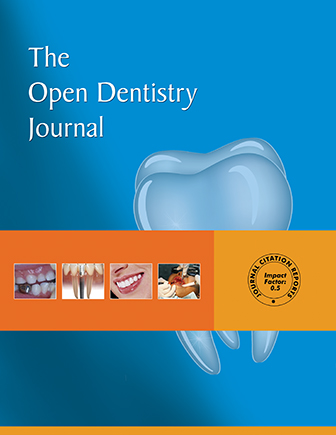An Audit of Saudi Dental Students’ Opinions and Attitudes toward Digital Dentistry
Abstract
Background:
Digital technologies have gained prominence recently and are increasingly essential to the development of dentistry. Hence, the aim of this research was to examine the utilization of digital technology among dental students in the Kingdom of Saudi Arabia.
Methods:
Electronic surveys were delivered to dental students in Saudi Arabia in a random manner. A total of 816 questionnaires were collected, of which 778 were considered eligible for inclusion in the study. The survey sought data pertaining to gender, age, and educational level, and individuals' involvement in the study was entirely voluntary. The participants were instructed to fill out the questionnaires in accordance with their observations and personal experiences. The acquired data was analyzed using descriptive statistics, which included numerical values and percentages. The statistical analyses employed in this study involved the utilization of the Chi-square test and Fisher's Exact test to evaluate the obtained outcomes.
Results:
Out of a total of 778 students, 758 (97.43%) possessed knowledge regarding digital dentistry, of which 715 (91.9%) acquired knowledge through their college education. Conversely, a comparatively smaller subset of 20 students (2.6%) lacked awareness regarding digital dentistry. The findings of the study indicate that interns and clinical students exhibited significantly greater levels of knowledge compared to preclinical students (p < 0.01). In relation to the implementation of digital dentistry in clinical practice, 677 (87.0%) responded yes, whereas 101 (13.0%) expressed a negative viewpoint. In the context of digital technology utilization, 695 (89.3%), expressed the view that digital dentistry is advantageous in terms of diagnostic capabilities. Conversely, 79 (10.2%), held the belief that digital dentistry has the potential to effectively facilitate clinical treatment. A total of 766 (98.5%) participants had a positive perception regarding the enhancement of dental procedure quality through the implementation of digital dentistry. 737 students (94.7%) expressed the belief that digital dentistry would ultimately supplant conventional dental services. A significant majority of the sample 765 (98.3%) replied yes to both questions regarding higher learning outcomes and the necessity of acquiring skills and training.
Conclusion:
The findings of this study found that dental students possess a strong understanding of digital technology, perhaps serving as a source of motivation for engaging in practice.


